TRCP’s “In the Arena” series highlights the individual voices of hunters and anglers who, as Theodore Roosevelt so famously said, strive valiantly in the worthy cause of conservation
Thomas E. Baltz
Home waters: South-central Pennsylvania
Occupation: Flyfishing guide
Conservation credentials: Board member of the Cumberland Valley Chapter of Trout Unlimited for 20 years
Thomas Baltz would need a time machine to fish the absolute best trout waters he’s ever seen, and that’s part of the reason why he feels compelled to give back to the natural resources that power his business. Here he shares the story of his first fish, his beloved old fishing dog, and a few special flies he takes everywhere.
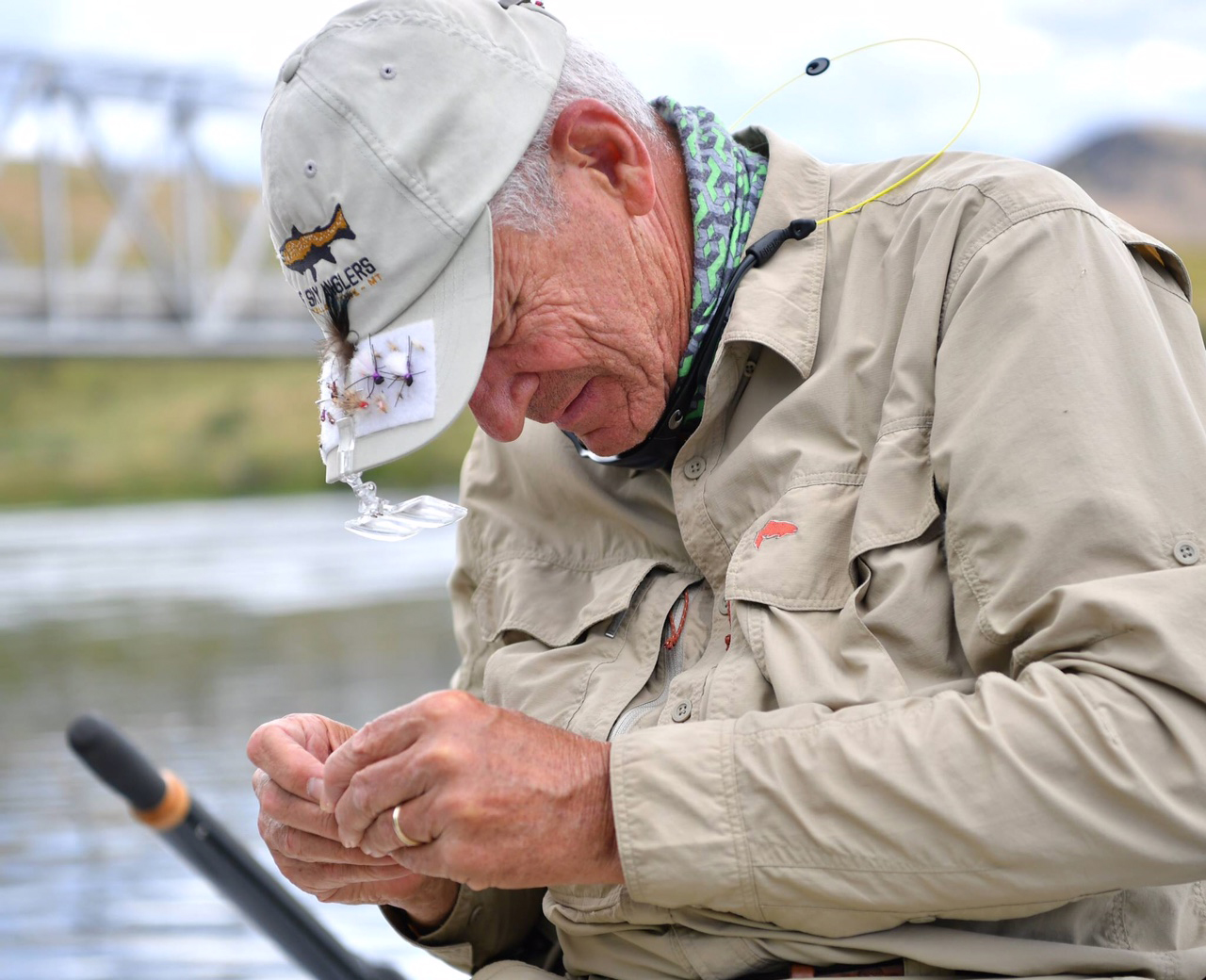
My father introduced me to trout fishing at a very early age in New Mexico, and from then on, I was hooked. Our family used to spend a week or so during the summer months at a cabin on the Gallinas River in the Sangre De Cristo Mountains near Las Vegas. When my father went fishing, I tagged along, and he often let me play and land the trout he had hooked. But even as a little kid I realized that the real skill was in getting them hooked in the first place! I spent years trying to do it on my own.
Dad worked for the U.S. Geological Survey and was an expert on the geology of New Mexico and southern/southwestern Colorado. On days when he went tramping the mountains above Evergreen Valley, I roamed the Gallinas at will, with some kind of fishing rod in hand. Finally, one early-October afternoon in 1963, I landed my very first trout solo, and it remains one of the most memorable events of my life.
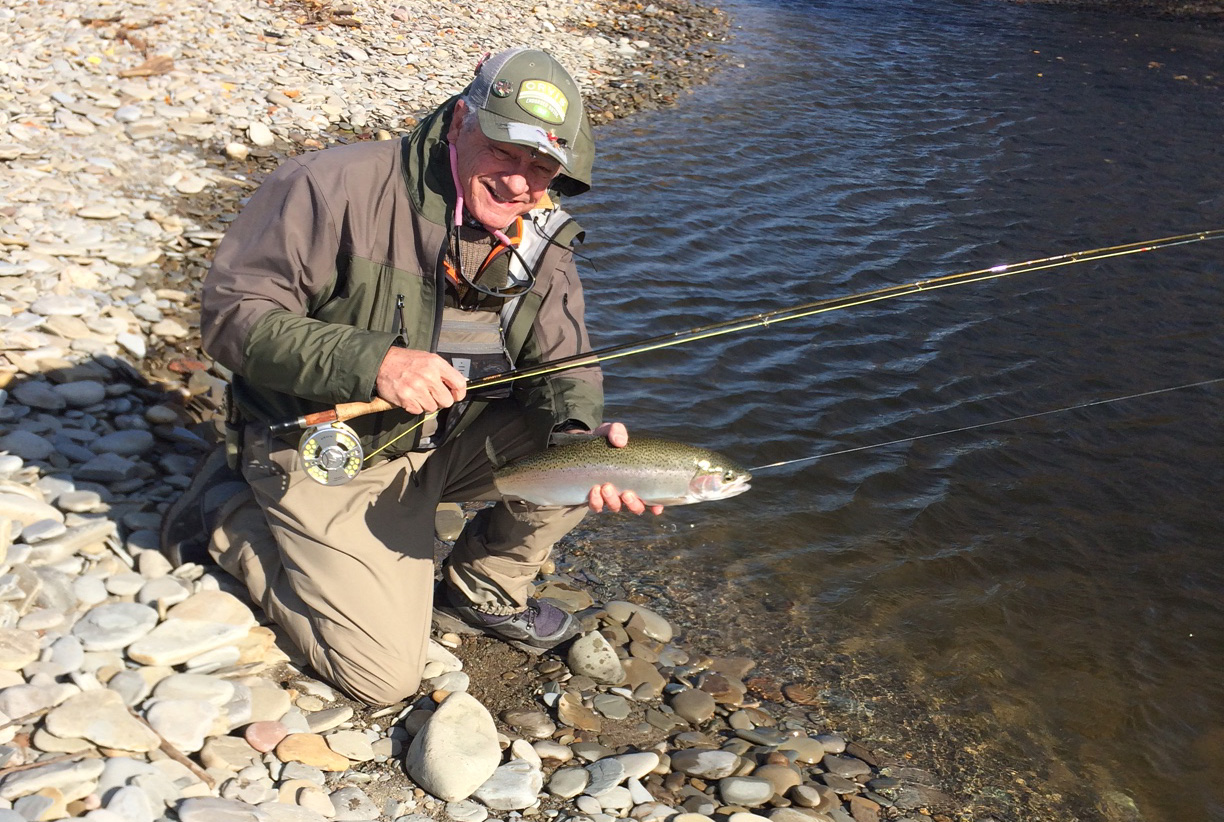
I had my old fishing dog Penelope (Penny, for short) with me, and together we snuck up on a likely spot, where I lowered a worm over the bushes and into the creek. There, a bite! Of course, I missed it. Never discouraged, I again lowered fresh bait exactly as I had before. The hook wasn’t even fully set, but it was too late for that trout—a couple of tugs and it was mine! Penny seemed just as excited as I was.
(Now, as a full-time flyfishing guide, I still carry some nymphs in my fly box made from Penny’s fur. They are, of course, retired, but they live in my Richardson Chest Fly Box.)
There have certainly been many other great outdoor moments in my life. Deer hunting, some awesome November days chasing pheasants, fishing trips to Montana, and learning the limestone streams of the Cumberland Valley.
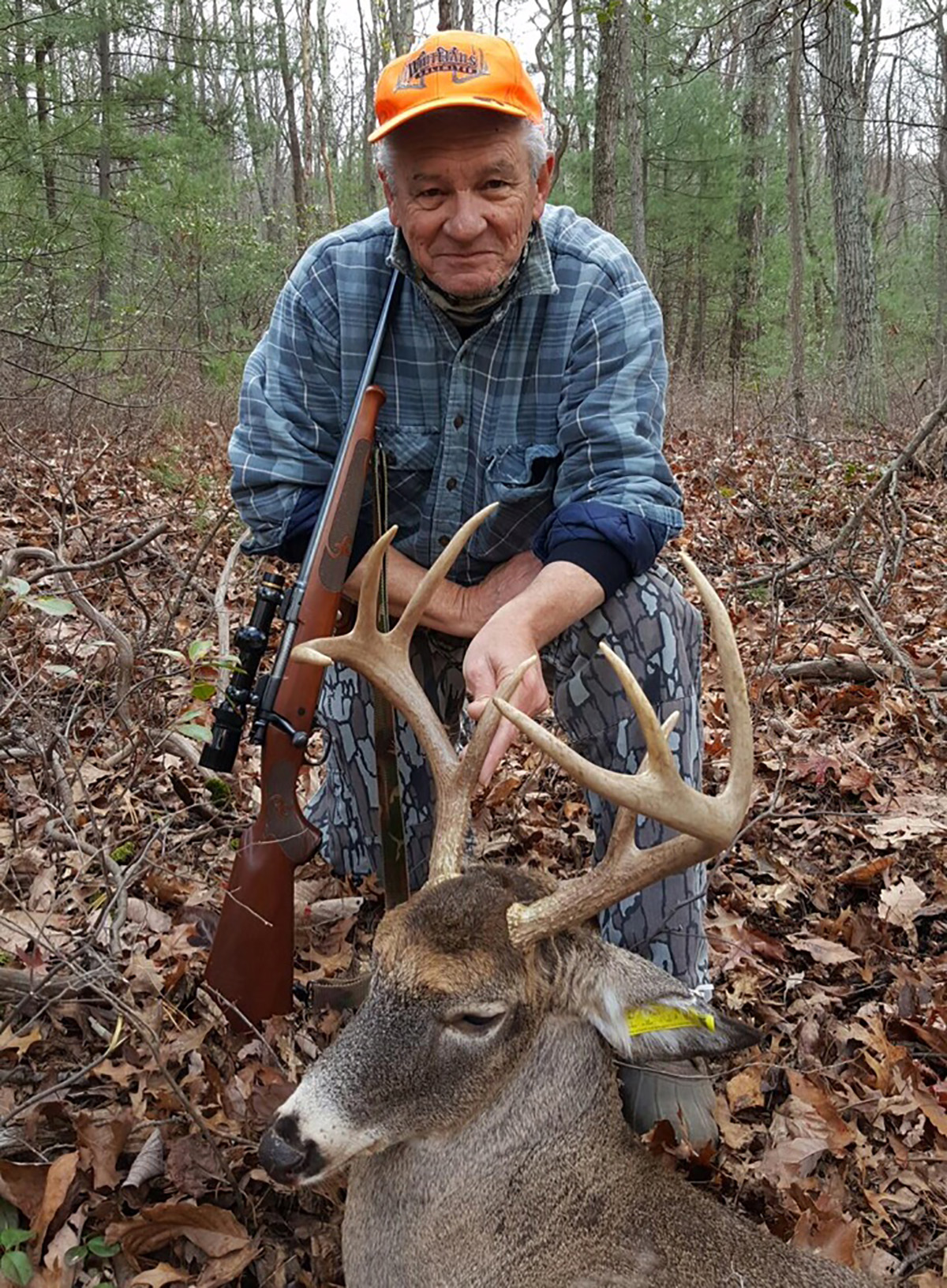
In fact, if I could fish anywhere in the world it would be Falling Springs in Chambersburg, Pa., in 1972. It was the epitome of true limestone-spring creek match-the-hatch type of fishing, even better than out West, with awesome rainbow and brown trout that freely rose to incredible hatches.
Unfortunately, it is gone now. So I’d settle for the Missouri River in Montana. There is good hunting in that area as well. The decline in hunting opportunities is one thing I worry about here in south-central Pennsylvania.
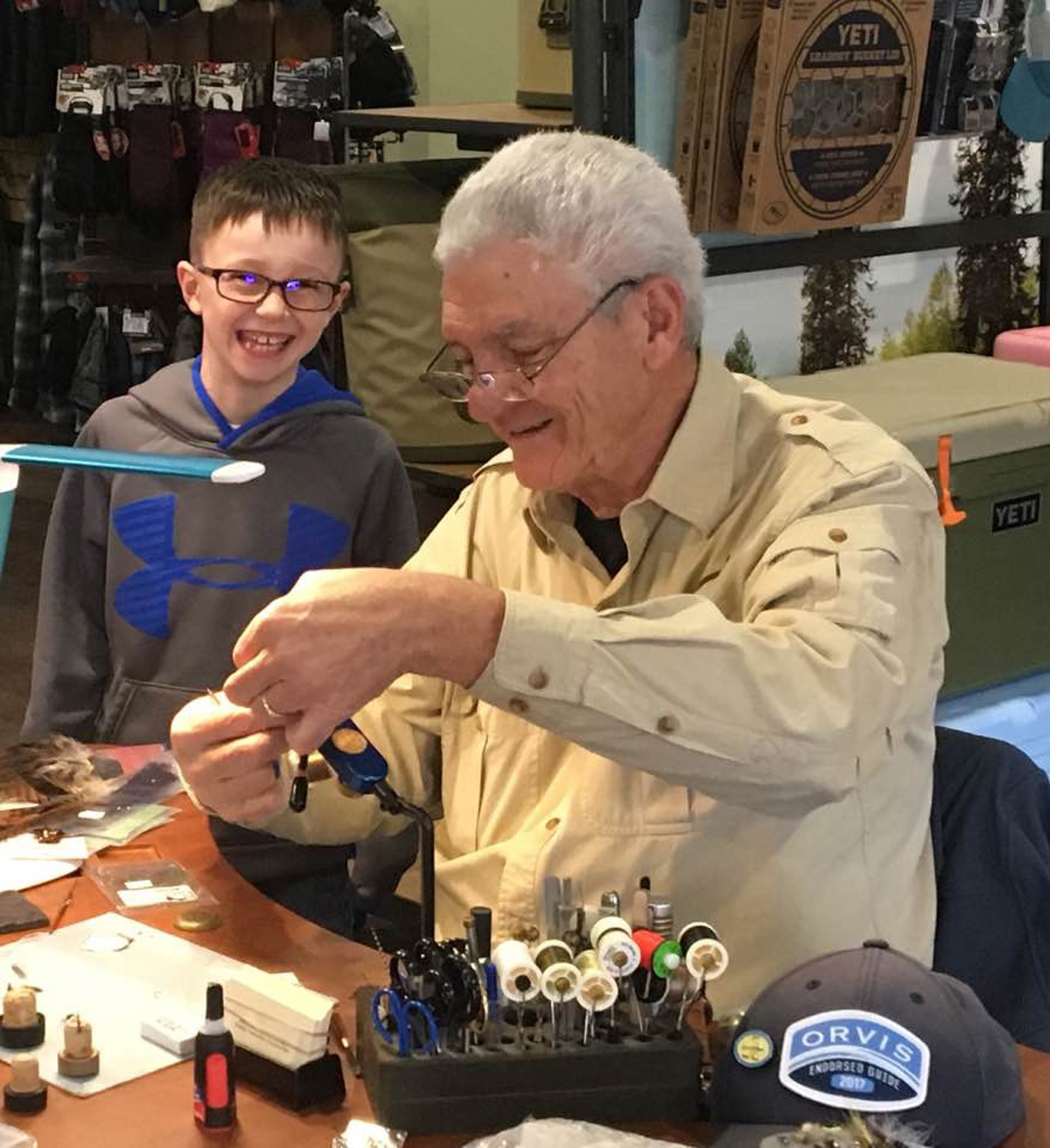
Locally and regionally, our biggest conservation challenges are rampant development, poorly planned stormwater runoff, and agricultural issues, such as nutrient management and erosion. Climate change also offers immense challenges. One result of our changing climate is the big swing between dry and wet periods. Torrential rain events in combination with some of the aforementioned issues cause severe bank erosion in streams, contributing heavy silt loads to the Chesapeake Bay system and ruining stream habitat for all of the creatures that live there.
Trout, especially wild trout, depend upon clean water to survive and prosper, and therefore so does my business. Clean water is the backbone of our outdoor recreation economy, and that’s why we must protect it. Clean and well-functioning watersheds aren’t just an aesthetic attraction, they are the basis for all fishing. I make my living from the natural resource, and that’s why I give back to help preserve it.
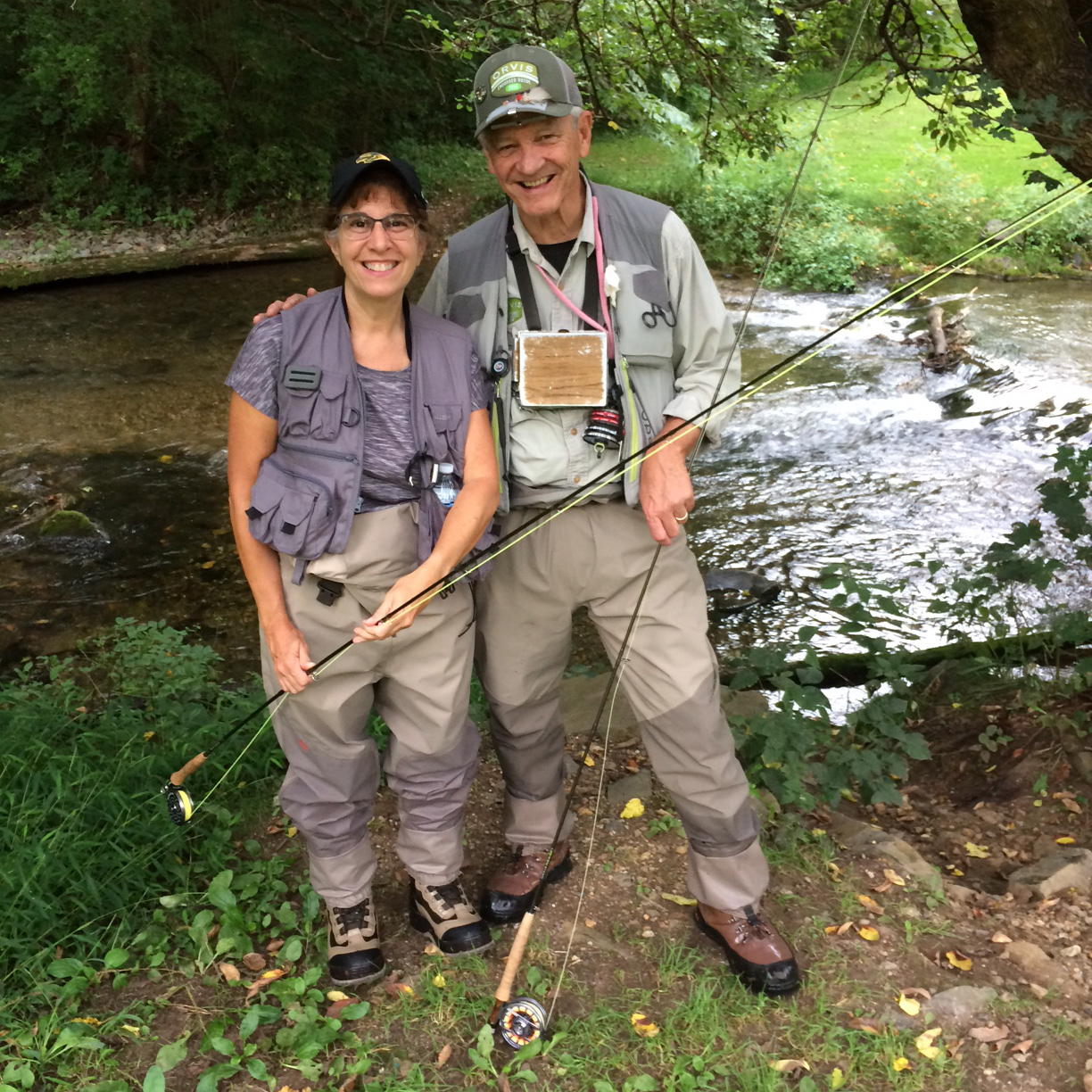

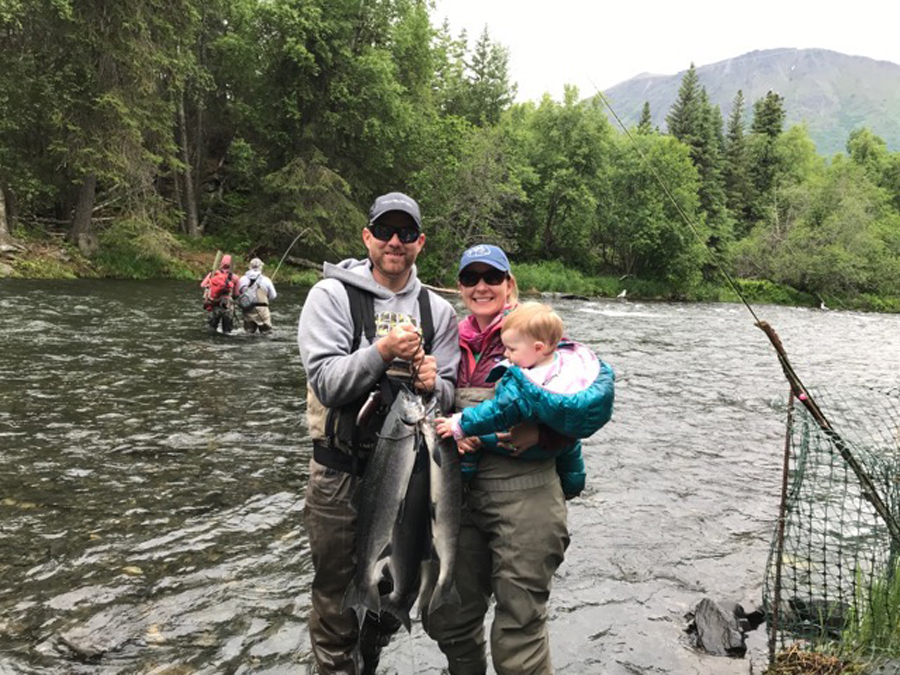
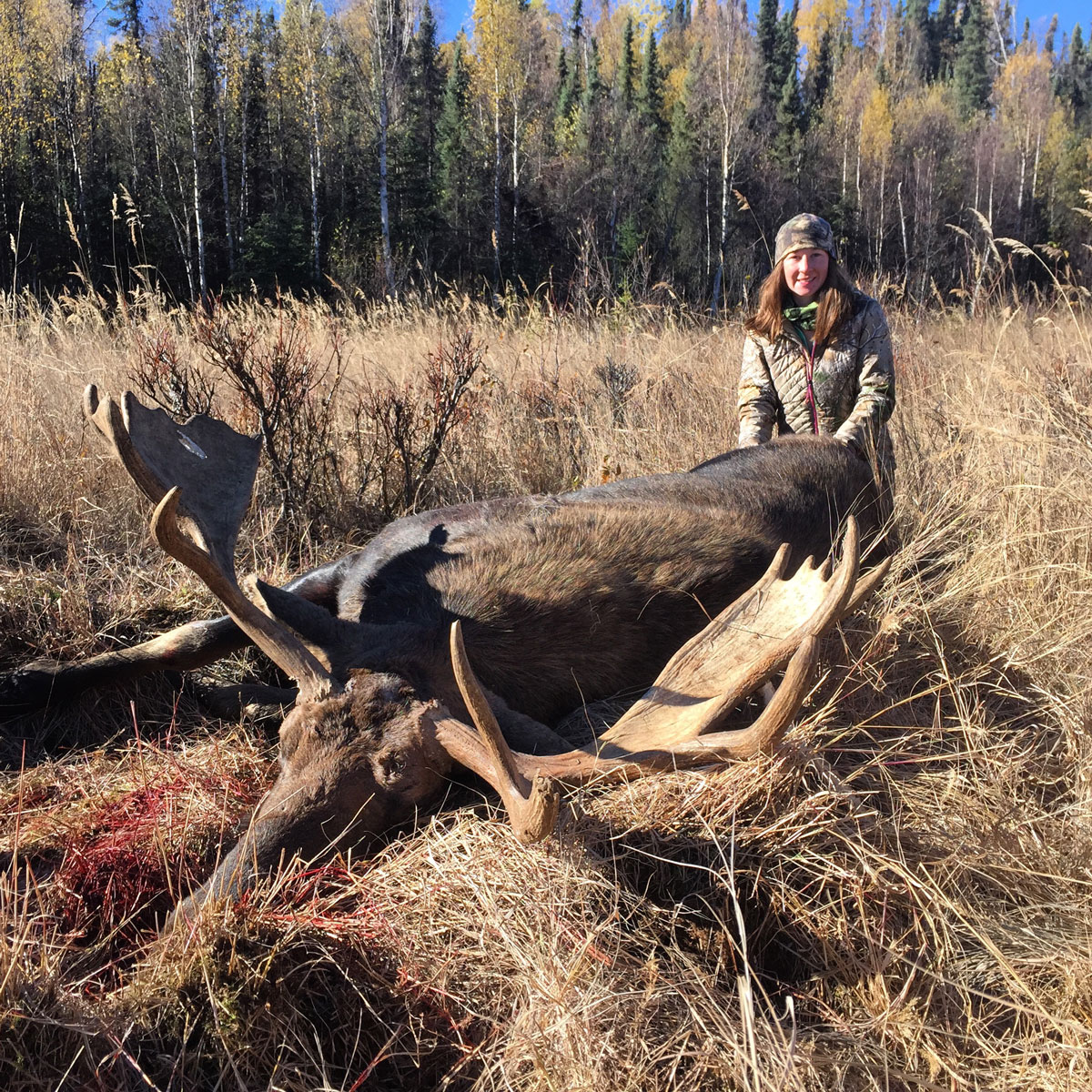
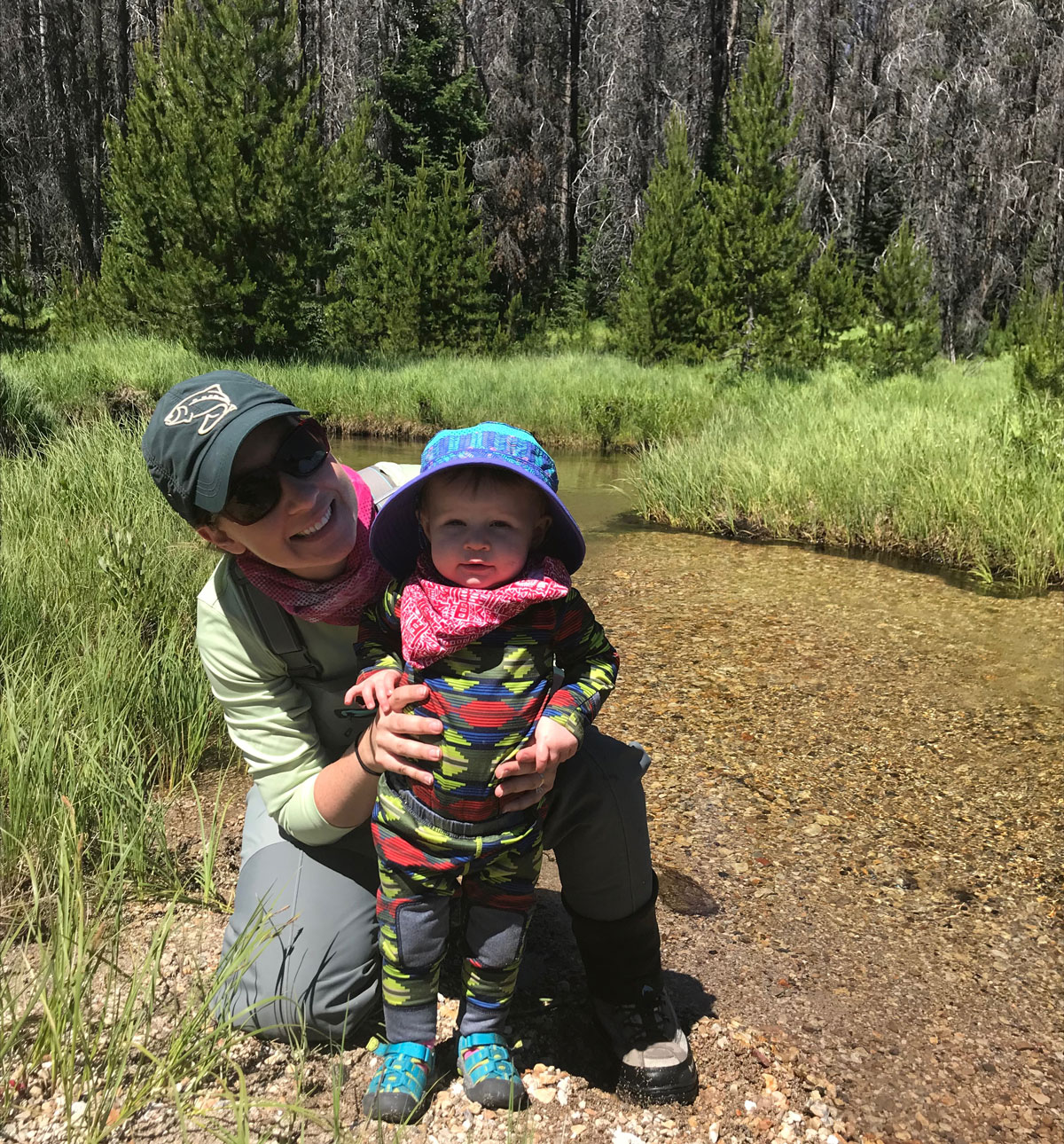
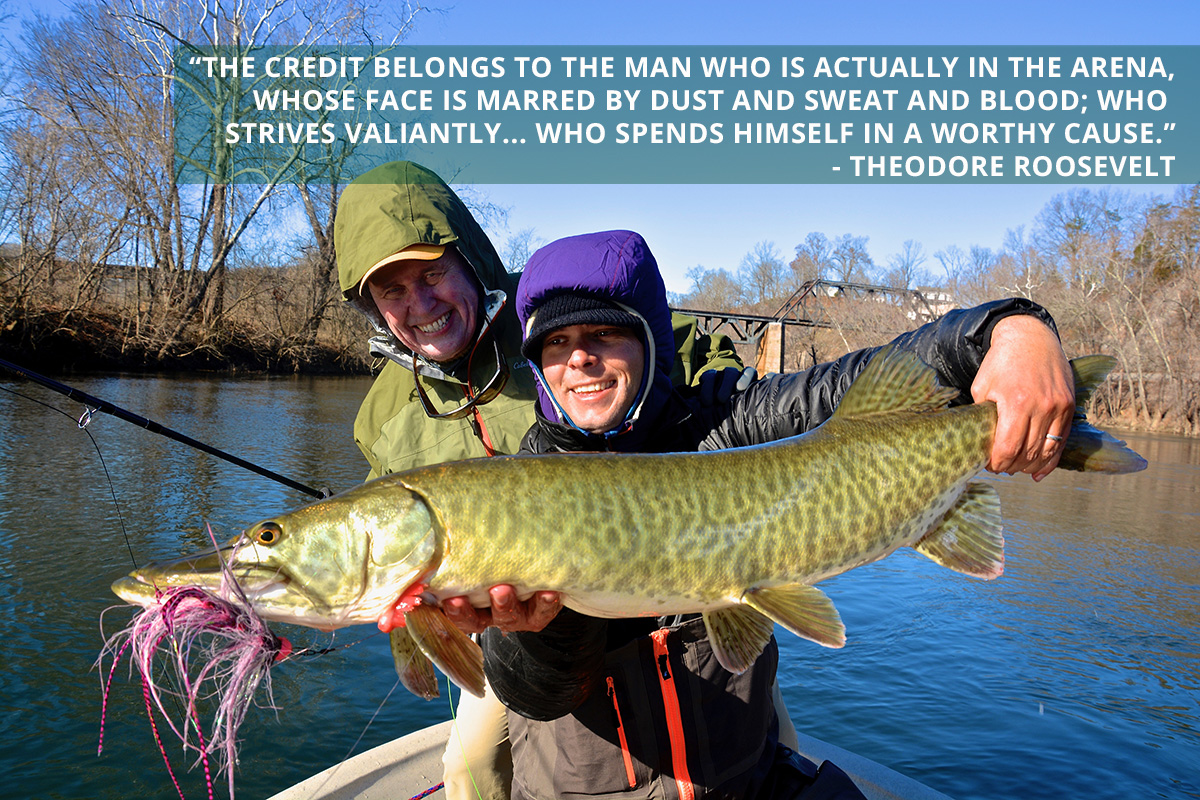
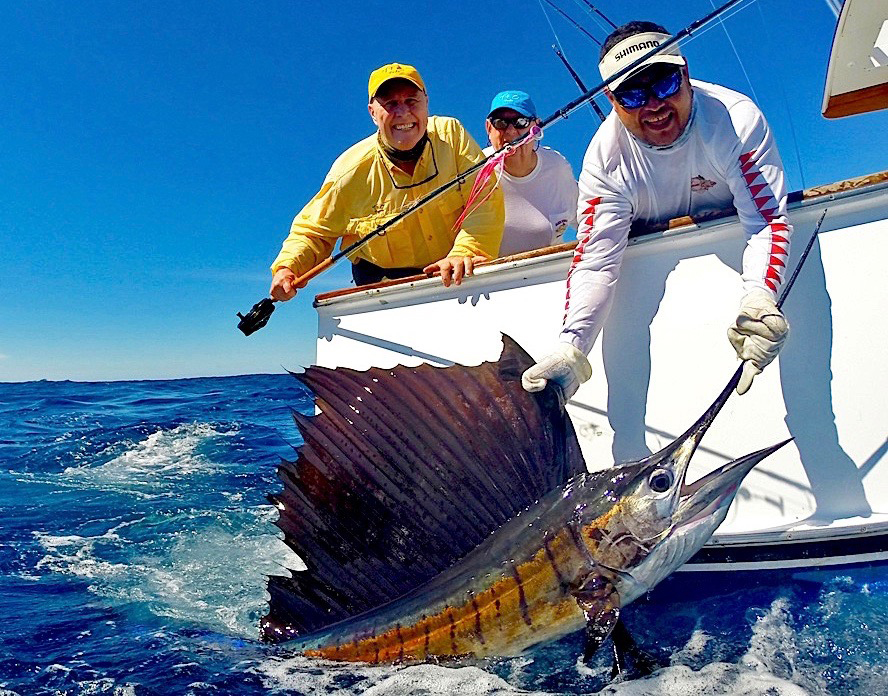






Tom is a great guy and a superb small flytyer ! I see him every year at the show and never fail to stop buy for a chat and admire his work . I fished with him about 10 years ago on his local waters . Two entiterly satisfying days on the Letort , Yellow Breeches and Big Spring . He remembers even more of the details than I do. Great asset to the fly fishing community ….
Very nice insight into Tom’s background. I truly appreciate those professionals like Tom who give back to the resource that nourish their lives. He is an example to us all.
Most bodacious article about a stellar human being!